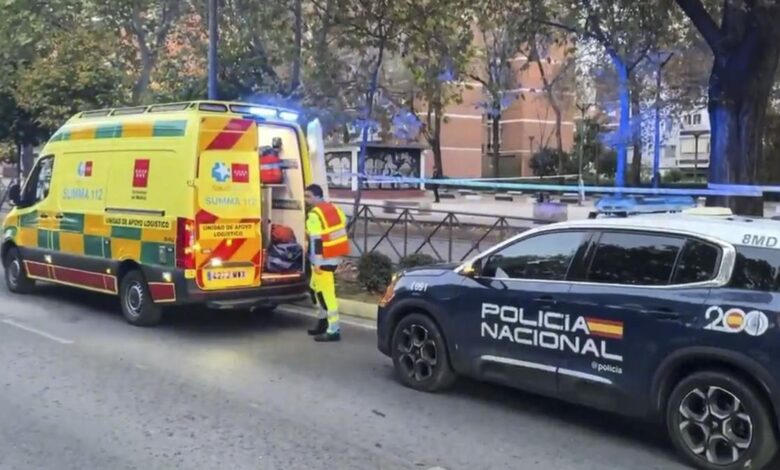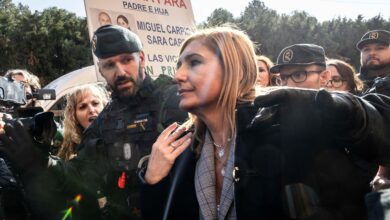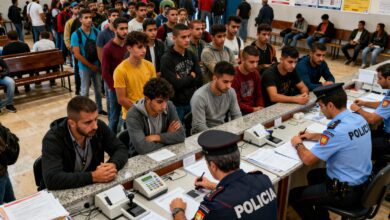
The European Court of Human Rights (ECHR) has issued a ruling on the case of former Catalan officials detained after the events of autumn 2017. The judges unanimously found that the Spanish authorities acted within the law when they imposed pre-trial detention on politicians involved in organizing the Catalan independence referendum.
The applicants included former Vice President of the Generalitat Oriol Junqueras, ex-minister Jordi Turull, and former head of the Catalan National Assembly Jordi Sànchez. They claimed that their arrest and subsequent detention deprived them of the opportunity to participate in the region’s political life despite being elected to public office. They also argued that these measures violated their right to freedom of expression.
However, the Strasbourg court disagreed with these arguments. The decision notes that the Spanish judiciary did not act arbitrarily or attempt to suppress alternative political views. According to the judges, the measures were intended to prevent actions that could undermine the constitutional order, not as political pressure.
Arguments from both sides and reactions to the decision
Junqueras, Turull, and Sanchez argued that their detention was disproportionate and hindered them from fulfilling their duties as elected members of the Catalan parliament. Specifically, Junqueras was not allowed to assume his seat after the elections, while Turull and Sanchez were prevented from participating in the election campaign and parliamentary sessions. They also claimed that the legal actions against them were intended to intimidate independence supporters and deter them from political activity.
However, the ECHR judges emphasized that none of the applicants managed to convincingly prove that their arrest was aimed solely at excluding them from political life. Moreover, pro-independence political groups were able to nominate their candidates in the elections, and the secessionist coalition even put forward Turull and Sanchez for the position of head of the Generalitat, despite their imprisonment.
Consequences and significance of the ruling
The ECHR decision has set an important precedent for all of Europe. The court confirmed that the actions of the Spanish authorities did not violate the fundamental rights of the applicants, including the right to participate in elections and freedom of speech. At the same time, the judges noted that preventing a threat to the constitutional order cannot be considered politically motivated persecution.
In Catalonia and other regions of Spain, the decision sparked intense debate. Pro-independence supporters saw it as a blow to their cause, while opponents viewed it as confirmation of Madrid’s legitimacy. In any case, the Strasbourg court’s verdict marks another milestone in the long-running conflict between the central government and the Catalan self-determination movement.












